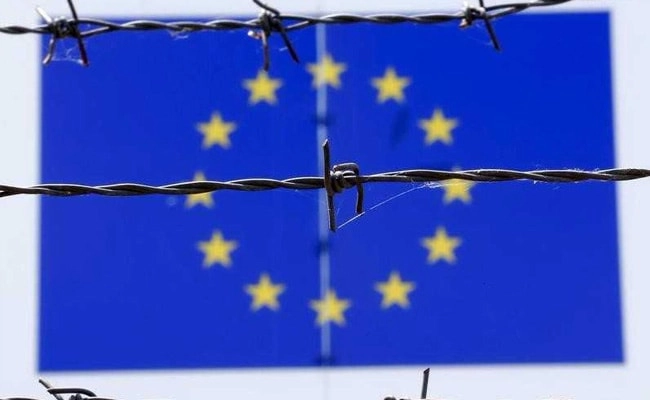In a recent legal battle that has captured public attention, a court has ordered the removal of videos that allege the practice of black magic by an astrologer. This case highlights the ongoing tensions within the astrological community, particularly as practitioners vie for credibility and legitimacy in a field often viewed with skepticism. The dispute arose when one astrologer claimed that another was engaging in unethical practices, which included the use of black magic to manipulate clients and gain undue influence over their lives. The videos, which were disseminated widely across social media platforms, fueled controversy and led to significant reputational damage for the accused astrologer.
The court’s ruling to remove the videos underscores the legal complexities surrounding defamation and freedom of speech, especially within niche communities where reputation can be paramount. Astrologers often rely heavily on their public image and the trust of their clients to sustain their practices. In this instance, the allegations of black magic not only threatened the accused astrologer’s business but also raised questions about the ethical standards within the industry. The ruling serves as a reminder of the potential consequences that can arise from public accusations, especially when they are broadcasted to a wide audience without substantial evidence.
As the astrological community continues to navigate these challenges, the need for ethical guidelines and standards becomes increasingly evident. Disputes like these can create rifts among practitioners, leading to mistrust and division within a field that is already stigmatized. Furthermore, the legal implications of such accusations can deter individuals from seeking astrological guidance, fearing that they may be thrust into a public spectacle. This case may prompt other astrologers to reevaluate their practices and the ways in which they address grievances within the community, ensuring that such disputes are handled with discretion and respect.
Ultimately, the court’s decision reflects a broader societal conversation about the intersection of belief systems, personal ethics, and the role of social media in shaping public perception. As the digital landscape continues to evolve, so too does the manner in which individuals and communities manage conflicts. This incident serves as a cautionary tale for practitioners across various fields, reinforcing the need for responsible communication and the potential repercussions of unfounded accusations. In a world where reputation can be fragile, particularly for those in unconventional professions, the importance of maintaining integrity and fostering a supportive community cannot be overstated.




